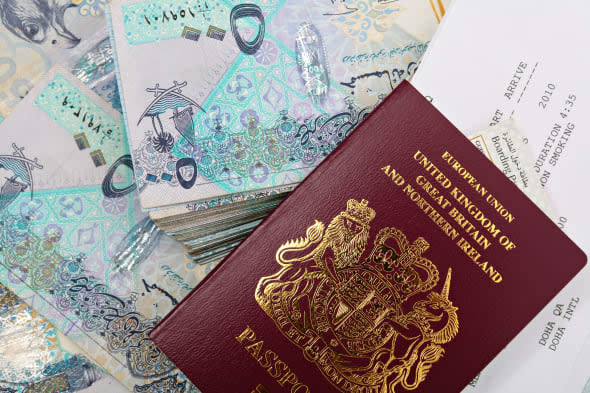Holiday money guide

Choosing a holiday might seem like hard work, but it's nothing compared to the minefield that needs to be negotiated when buying your foreign currency. One thing you can be sure of however, is that leaving it until you get to the airport is about the worst thing you can do. Allow us to take you on a guided tour of the main options...
Related Searches
What not to do
As we mentioned above, getting your currency from the airport (or ferry port) means you are a captive market – and you'll get a very poor rate of exchange. Many popular debit cards also work out to be very expensive for foreign transactions, with a combination of poor exchange rate and high fees making it about the worst possible way to pay for those holiday treats.
%VIRTUAL-AFCSponserAds%If you want cash
Many of us like the flexibility, convenience and fun factor of having a pocket full of a strange foreign currency – so cash is still king for a lot of holiday makers. Generally speaking it's better to get your currency before you go, as it gives you more time to shop around for the best deal. There are online tools to show you where to get the best rates on your holiday cash – such as MoneySavingExpert's TravelMoneyMax site – and it's not banks or the Post Office who come out on top.
The top performing providers are usually travel currency specialists - and customers have the choice of getting their money in the post or collecting it in person. There can sometimes be a fee for delivery on amounts under £500. In addition to this, small bureaux de change in tourist hotspots can offer very competitive rates – but you'll probably need to pop along in person to check them out against one another. Don't underestimate how much you could save either – an experiment by MoneySavingExpert found almost £100 difference between the best and worst rate when getting 1,000 euros. A footnote – be very careful about buying holiday cash with a credit card as it is likely to count as a cash withdrawal and attract the same charges.
Putting it on the plastic
We've already told you to be wary of using certain debit cards abroad, but your flexible friend can be a very useful holiday companion if you know what you're doing. It's credit cards rather than debit cards that we're talking about here – because if you pick the right one it can actually be among the very cheapest ways of doing your holiday spending. Certain credit cards do not add a fee for spending abroad, which means you can get a great exchange rate and not have to worry about carrying wads of cash everywhere.
It is however vitally important that you keep track on your spending and make sure that you pay it all off in the interest-free period (usually a month) – otherwise you could suddenly find your holiday spending attracting interest towards the thick end of 20 per cent. Another advantage of credit cards is the extra consumer protection they offer – which could be very useful if you're splurging on gadgets or similar while on hols.
Prepaid not repaid
The modern-day alternative to travellers' cheques, a prepaid currency card works just like a debit or credit card when it comes to spending your money – but you have to load it up beforehand like a store gift card. As well as being convenient, these also tend to offer better rates of exchange than many of the other options.
Avoid the ATM
It's tempting to just hit the local cash machine when you run out of euros, dollars or dinar, but it's worth checking beforehand how much this is likely to cost you. Some credit cards have no fees for cash withdrawals, but most are uncompetitive and some are downright extortionate. Of course if you've already established that your bank has a fair pricing policy on overseas withdrawals then fill your boots. Or flip-flops.



